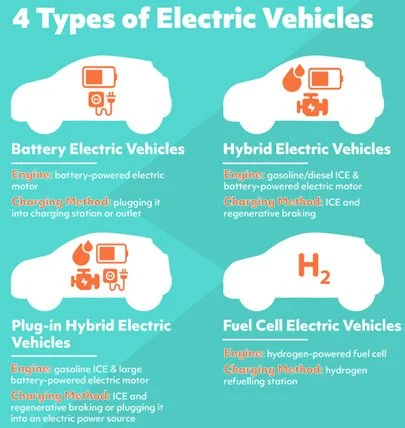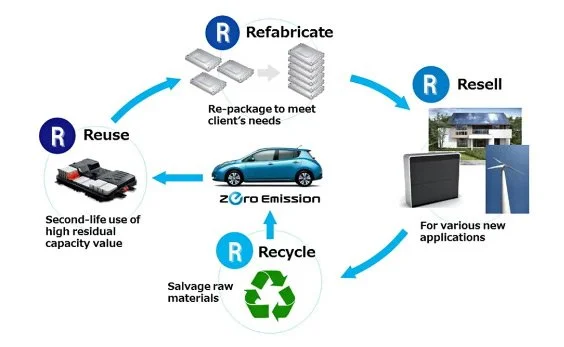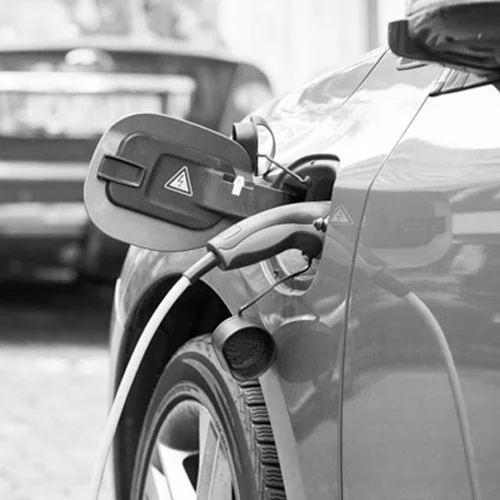The Shift to Electric Cars
As the world embraces electric vehicles (EVs) as a solution to combat climate change and reduce dependence on fossil fuels, the automotive industry is undergoing a profound transformation. Amidst this transition, auto recyclers are playing a crucial role in ensuring vehicles are disposed of in an environmentally friendly way, assisting charitable foundations that accept vehicle donations.
Electric Vehicles & The Government
As of December 2022, Environment and Climate Change Canada proposed regulations that set zero emission vehicle (ZEV) sales targets for manufacturers and importers of new passenger cars, SUVs, and pickup trucks. The regulations will require that at least 20 percent of new vehicles sold in Canada will be zero emission by 2026, at least 60 percent by 2030, and 100 percent by 2035. These targets will help increase supply so that more Canadians who want a ZEV can buy one.
Image Source: MyChoice
With profound change continuing to occur over the next decade in the automotive industry, vehicle donation charities and auto recyclers that partner with them, have refined their skill set and knowledge around electric cars as hybrid vehicles and fully electric vehicles have been donated in higher frequency each year as their popularity continues to grow.
How Auto Recyclers Help: Processing Donated Vehicles
After a vehicle is donated to charity, an auto recycler is responsible for processing it. This involves assessing the condition of the vehicle, salvaging usable parts, and recycling materials. With the growing popularity of electric cars, auto recyclers are adapting their processes to handle these specialized vehicles, ensuring that donated cars are properly recycled or refurbished.
Image Source: CNET
Recycling Electric Vehicle Components
Electric vehicles contain unique components such as lithium-ion batteries, electric motors, and inverters. Auto recyclers are developing expertise in recycling these components efficiently and safely. This not only reduces waste but also promotes the circular economy by extending the lifespan of valuable materials.
Educating Donors and Recipients
Education around the benefits of electric vehicles and sustainable transportation is an important part of creating a greener environment for the future. With greater education about environmental advantages, cost savings, and performance of electric cars, we can encourage more individuals to donate vehicles and support the transition to cleaner transportation options.
Supporting Charitable Initiatives
Beyond recycling and providing parts, auto recyclers contribute financially to support the charitable initiatives of vehicle donation organizations. By partnering with vehicle donation charities, auto recyclers amplify their impact and contribute to the advancement of sustainable transportation solutions through proper recycling methods.
Auto recyclers are invaluable partners for vehicle donation charities as Canadians transition to electric vehicles. By embracing change together, we can work towards a cleaner, sustainable future for Canadian transportation.
Are You Not Sure What to do with Your Old Hybrid or Electric Car?
Donate the vehicle to Homeless Cars
By Donating, you are supporting local charities fighting homelessness and food insecurity (check out our partners here)
Spread the word on Homeless Cars through social media



